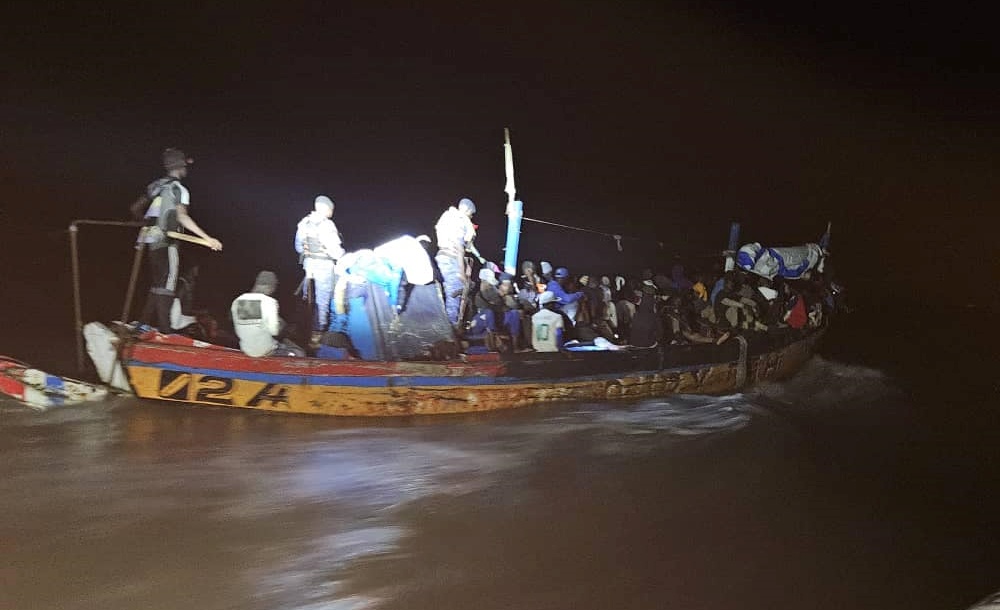Gambiaj.com – (BANJUL, The Gambia) – A groundbreaking study has unveiled the untold stories of Gambian women defying societal norms by embarking on perilous ‘backway’ journeys to Europe. Conducted by researchers Sait Matty Jaw, Fatou Gassama, and Judith Altrogge, the research highlights how these women, driven by economic struggles, personal ambition, and the fight against patriarchal restrictions, are challenging deeply entrenched gender roles in one of West Africa’s most male-dominated migration landscapes.
The report underscores how economic hardship, gender-based violence, and societal pressures drive Gambian women to pursue migration—a practice traditionally dominated by men. Women often face restricted economic opportunities, compounded by entrenched patriarchal norms that designate them as passive dependents. Yet, increasingly, women are stepping into roles as breadwinners and agents of change, challenging long-standing expectations.
The Journey to Migration
The researchers found that while Gambian women migrate for reasons similar to men—economic necessity and the pursuit of better opportunities—their experiences are deeply shaped by their gender. Many women migrate in secrecy, fearing societal backlash or family opposition. Some seek independence, while others flee forced marriages or abusive relationships.
One poignant case featured in the study is that of a young woman who escaped domestic abuse and early marriage. With the help of a stranger, she relocated to Germany, overcoming significant hurdles. Another case highlights a rural woman who left her village to escape financial deprivation and provide for her family.
Risks and Challenges, Societal Reactions and Stigma
The report reveals that female migrants face heightened risks, including sexual violence and exploitation, along irregular migration routes. Despite the dangers, these women demonstrate remarkable resilience. Their experiences not only reflect the challenges of migration but also the broader struggles against gender-based discrimination in Gambian society.
Upon return, many women encounter societal stigma for their “failed” migrations. Unlike male migrants, who are often celebrated for their efforts, female returnees face greater scrutiny and are pressured to conform to traditional roles of marriage and motherhood. This societal response highlights the persistent gender inequality that underpins many women’s decisions to migrate.
Rethinking Gender Norms
The study calls for a reevaluation of migration narratives and gender roles in The Gambia. By focusing on the agency of female migrants, it sheds light on how women navigate and challenge patriarchal structures. The researchers advocate for policies that address the gendered dimensions of migration, including better support for returnees and measures to combat gender-based violence.
As Gambian women continue to assert their independence through migration, their stories reflect both the struggles and the shifting dynamics of gender norms in a rapidly changing society. This study offers a vital contribution to understanding these dynamics and amplifies the voices of women who are too often sidelined in migration discourse.










